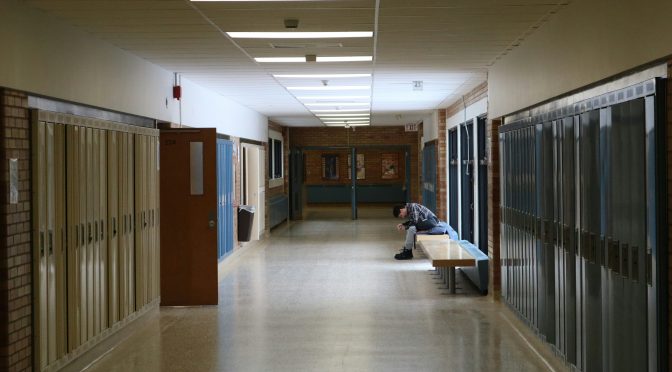How to Help Your Child Navigate Social Pressures During the School Year
Posted by Collaborative Counseling

School isn’t just about academics—it’s also a key time for social learning. As children and teens return to classrooms, they often face mounting social pressures—from fitting in with peers to managing expectations around friendships, popularity, or appearance.
While some degree of social pressure is normal, persistent or intense challenges can impact your child’s confidence, mental health, and overall school experience. Fortunately, there are ways you can support your child in navigating social pressures with resilience and compassion.
📘 What Are Social Pressures?
Social pressure refers to the influence that peers or societal norms have on how children think, feel, or behave. It can show up as:
- Wanting to dress a certain way to “fit in”
- Feeling pressured to participate in activities they’re not comfortable with
- Worrying about being excluded from social groups
- Trying to be “cool” even if it goes against their values or comfort
These pressures often peak during back-to-school season and can grow stronger in middle and high school years.
👂 1. Open the Door for Honest Conversations
Kids are more likely to share their struggles when they feel heard—not judged. Create a habit of asking open-ended questions like:
- “What’s something that felt hard about today?”
- “Are there any friendships that feel confusing or stressful right now?”
Validate their feelings even if they seem small to you. Remind them that it’s okay to be different and to say no when something doesn’t feel right.
📖 Related Read: Supporting Your Child’s Mental Health: A Parent’s Guide
🛡️ 2. Build Emotional Resilience
Help your child build internal strength by practicing:
- Self-esteem boosts: Celebrate effort, not just achievements.
- Problem-solving skills: Talk through scenarios and how to handle them.
- Positive self-talk: Teach phrases like “I don’t have to do what everyone else is doing.”
These tools can empower your child to make confident choices and resist unhealthy peer pressure.
👨👩👧 3. Model Healthy Boundaries
Children learn from watching how adults navigate relationships. Show them what respectful boundaries look like by:
- Saying “no” to overcommitting
- Setting limits with technology
- Practicing self-care and emotional regulation
Let your child see that protecting your energy and values is both normal and necessary.
🌐 4. Monitor Digital & Social Media Use
Social media can intensify social pressure. Your child may compare themselves to others or feel left out based on what they see online.
Help by:
- Setting healthy screen time boundaries
- Following positive accounts together
- Discussing how curated online lives don’t reflect real life
🔗 Read: Social Media and Mental Health – HelpGuide.org
🧑⚕️ 5. Know When to Seek Support
If your child seems persistently anxious, withdrawn, or overwhelmed, it may be time to speak with a therapist. Professional support can offer your child a safe space to explore their experiences, build self-confidence, and develop coping tools.
📅 Schedule a session with Collaborative Counseling to get started.
💡 Final Thoughts
The social landscape of school can be tricky, but your support makes all the difference. By staying engaged, modeling confidence, and encouraging open dialogue, you’re helping your child build lifelong skills to manage social pressure with clarity and courage.
If the journey feels too tough to navigate alone, remember: help is available. We’re here to support both you and your child every step of the way.
Read More
 View Our Locations
View Our Locations Request Appointment
Request Appointment
